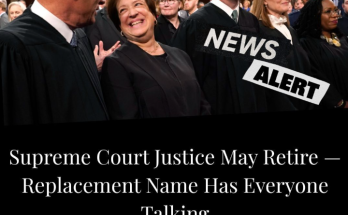In 1998, when the details of her relationship with President Bill Clinton were revealed, the media’s reaction was harsh. Lewinsky’s youth and lack of experience were eclipsed by derogatory comments regarding her appearance, intentions, and character. “I perceived it then as a young woman’s romance,” she recently shared on the How To Fail podcast. “Today, I recognize it as an abuse of power.”
At that time, few recognized the significant power disparity. Instead, she was branded a “bimbo” and a home-wrecker, while Clinton remained politically unscathed. Lewinsky reflected on how the smear campaign rendered her jobless and socially isolated. “I never envisioned that a decade later I would still struggle to find employment.”
She refers to herself as “patient zero” of online shaming. On the Call Her Daddy podcast, she recounted being labeled a stalker and deemed “not even attractive enough,” all while quietly grappling with depression.
However, Lewinsky did not fade into obscurity. She emerged as an advocate against cyberbullying, delivering TED Talks and penning essays on shame and resilience. “I’ve learned to embrace who I am—scars and all,” she states.
Lewinsky seeks no sympathy—only understanding. Her narrative serves as a poignant reminder: behind every scandal lies a human being. Her experience prompts us to consider whether we have genuinely progressed or merely transferred our cruelty to digital arenas.



